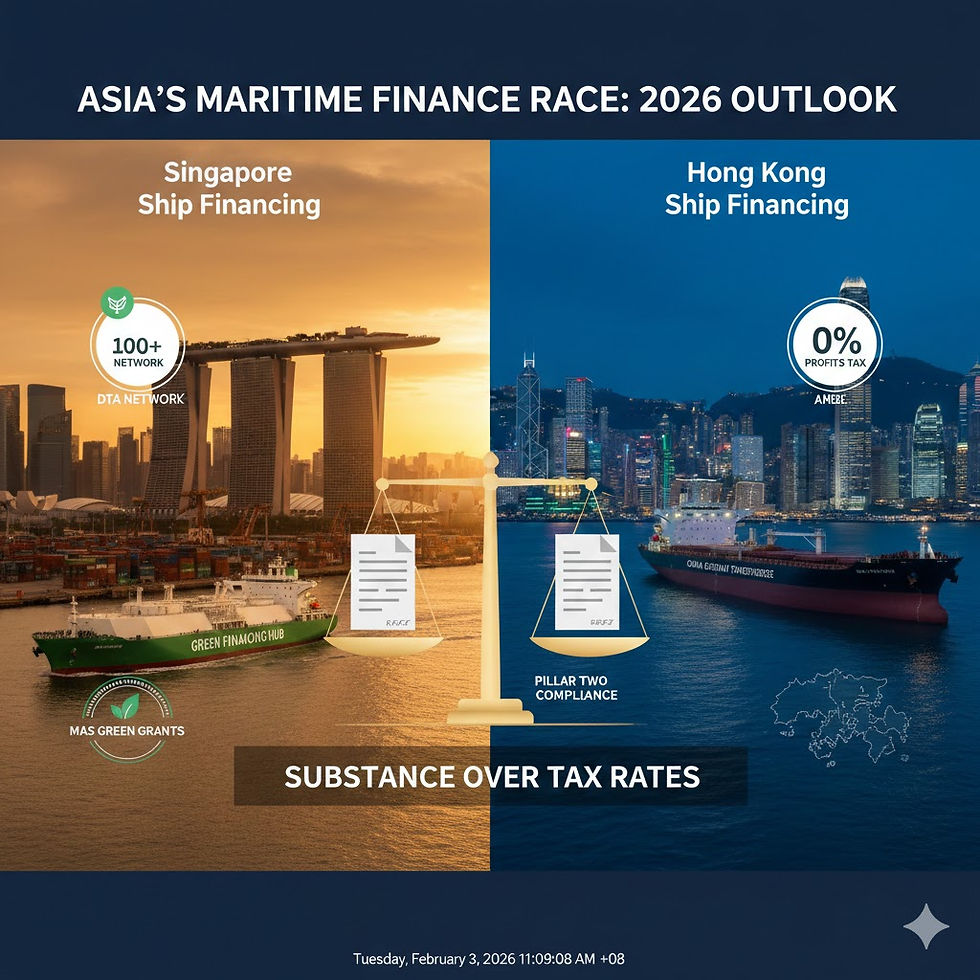Due Diligence
- Roger Pay
- Nov 1, 2023
- 3 min read
Due diligence is a process of investigation or exercise of care that a reasonable business or person is normally expected to take before entering into an agreement or contract with another party or an act with a certain standard of care. It is the process of gathering and evaluating information about a potential business opportunity, investment, or other decision.
Due diligence can be conducted for a variety of reasons, including:
To assess the financial viability and risk of a potential investment.
To evaluate the legal and regulatory compliance of a potential business partner.
To identify and mitigate potential risks associated with a business transaction.
To make informed decisions about entering into a new market or expanding into a new product line.
To protect the reputation and assets of a company.
Due diligence can be conducted internally by the company or organization making the decision, or it can be outsourced to a third-party professional. The specific scope of due diligence will vary depending on the nature of the decision being made. However, it typically includes gathering and evaluating information about the following:
Financial statements: This includes reviewing the company's balance sheet, income statement, and cash flow statement to assess its financial health and performance.
Legal and regulatory compliance: This involves reviewing the company's contracts, licenses, and other documentation to ensure that it is in compliance with all applicable laws and regulations.
Management team: This involves assessing the experience, qualifications, and track record of the company's management team.
Customers and suppliers: This involves reviewing the company's customer and supplier relationships to assess its market position and financial stability.
Industry trends: This involves understanding the overall industry landscape and the company's competitive position.
The goal of due diligence is to gather enough information to make an informed decision about whether or not to proceed with a particular business opportunity or investment. By conducting due diligence, businesses and organizations can reduce their risk and protect their assets.
Here are some examples of due diligence in action:
A company is considering acquiring another company. Before proceeding with the acquisition, the acquiring company would conduct due diligence to assess the target company's financial health, legal compliance, management team, customers, suppliers, and industry trends.
A venture capital firm is considering investing in a startup company. Before making an investment, the venture capital firm would conduct due diligence to assess the startup company's business plan, team, market opportunity, and financial projections.
A government agency is considering awarding a contract to a contractor. Before awarding the contract, the government agency would conduct due diligence to assess the contractor's financial stability, experience, and qualifications.
Due diligence is an important process that can help businesses and organizations make informed decisions about their financial future.
How Bestar can Help
Bestar can help with due diligence in a number of ways, including:
Financial due diligence: Bestar can review the target company's financial statements, identify any potential red flags, and provide insights into the company's financial health and performance.
Legal and regulatory due diligence: Bestar can review the target company's contracts, licenses, and other documentation to ensure that it is in compliance with all applicable laws and regulations.
Management due diligence: Bestar can assess the experience, qualifications, and track record of the target company's management team.
Customer and supplier due diligence: Bestar can review the target company's customer and supplier relationships to assess its market position and financial stability.
Industry due diligence: Bestar can provide insights into the overall industry landscape and the target company's competitive position.
Bestar can also help with due diligence for specific types of transactions, such as mergers and acquisitions, joint ventures, and private equity investments.
Here are some specific examples of how Bestar can help with due diligence:
Helping a company assess the financial viability of a potential acquisition target. Bestar can review the target company's financial statements, identify any potential red flags, and provide insights into the company's financial health and performance. This information can help the acquiring company make an informed decision about whether or not to proceed with the acquisition.
Helping a venture capital firm assess the risks of investing in a startup company. Bestar can review the startup company's business plan, team, market opportunity, and financial projections. This information can help the venture capital firm identify any potential risks associated with the investment and make an informed decision about whether or not to invest.
Helping a government agency assess the qualifications of a contractor. Bestar can review the contractor's financial stability, experience, and qualifications. This information can help the government agency make an informed decision about whether or not to award the contract to the contractor.
Bestar's team of experienced professionals has a deep understanding of due diligence and can provide businesses and organizations with the information they need to make informed decisions.
Contact Bestar today!




Comments